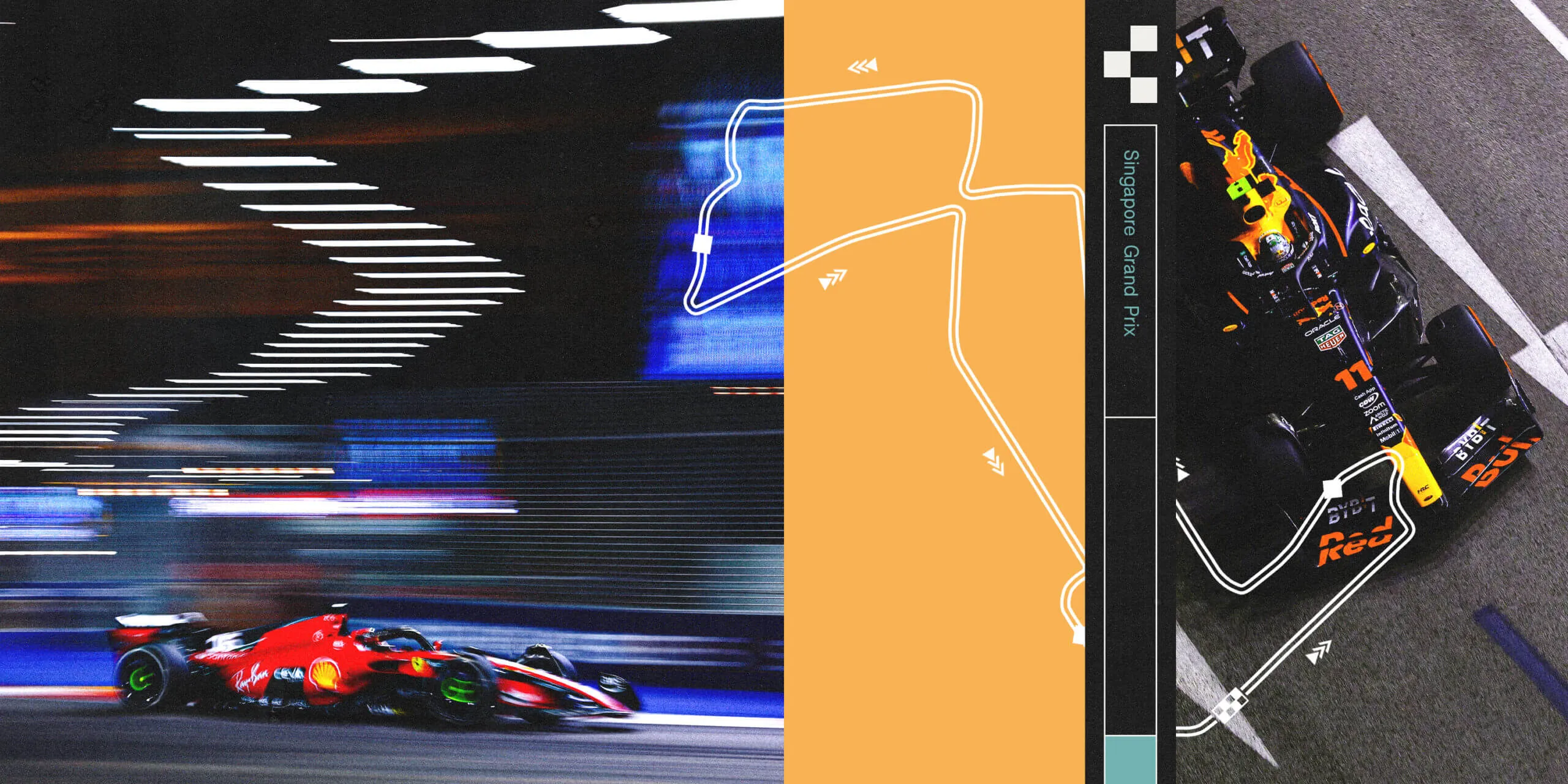Exploring the Challenges of the Formula 1 Singapore GP at Marina Bay

Understanding the Formula 1 Singapore GP's Marina Bay Street Circuit
Formula 1 arrives in the Lion City to tackle the Marina Bay Street Circuit, a track that stands out for its physical demands on drivers. Established as the first floodlit race in F1 history, the Singapore GP presents both an exciting spectacle and a formidable challenge. The layout is tight, with limited room for error as the 20 drivers navigate the winding streets.
Key Features of the Marina Bay Circuit
- Challenges Under Floodlights: The night race pushes drivers to adapt to changing conditions while racing in intense humidity.
- Technical Modifications: Changes made for the 2024 edition include a new fourth DRS zone to improve overtaking.
- Physical Demands: The climate makes this event one of the most physically taxing on the F1 calendar.
The Evolution of the Circuit
The Marina Bay Street Circuit has evolved dramatically since its inaugural race in 2008. Initially composed of 23 corners, modifications have streamlined the layout, reducing the joints to improve speed and driver performance. This year, significant adaptations cater to the high-stakes competition expected during the grand prix.
Sustainability Efforts
In line with F1's commitment to sustainability, the 2023 race incorporated renewable fuel options and energy-efficient systems, aiming to drastically reduce overall emissions by 2028. The use of solar power and advanced waste management techniques reflects a broader initiative within Formula 1 towards greener racing practices.
Preparing for Race Day
As drivers gear up for this grueling event, focus remains on optimizing vehicle performance and strategies. The unique conditions at Marina Bay call for meticulous approaches to tire management and energy conservation during the race.
This article was prepared using information from open sources in accordance with the principles of Ethical Policy. The editorial team is not responsible for absolute accuracy, as it relies on data from the sources referenced.